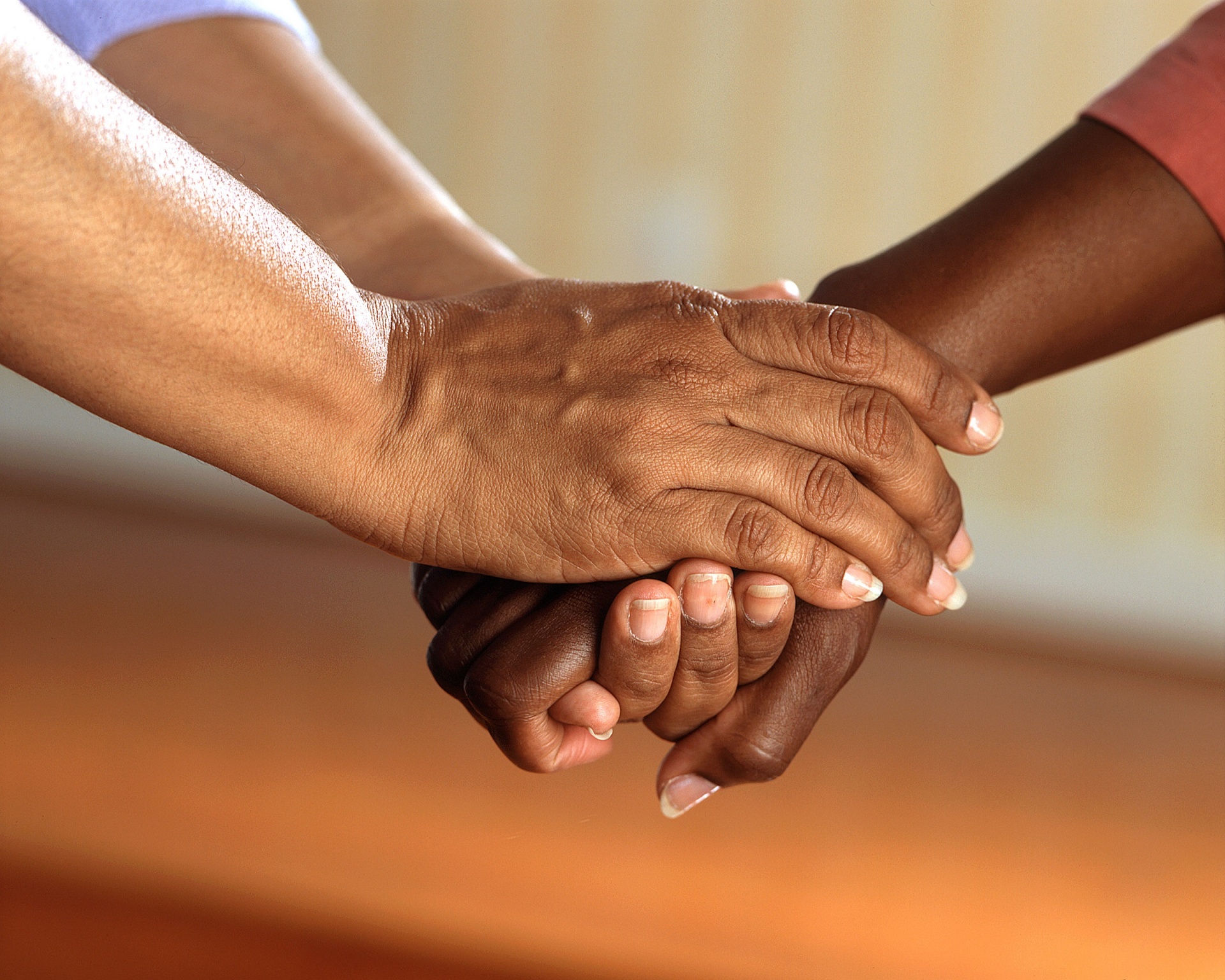Extreme Christianity
 I fancy myself a Christian. I was baptized Catholic and have practiced the faith over fifty years. I’m convinced I will need a lifetime of practice to make any noteworthy progress. My love for the Lord is deep. Teaching, writing, and talking about God, His love for humanity, and the necessity to be authentic witnesses, energizes me.
I fancy myself a Christian. I was baptized Catholic and have practiced the faith over fifty years. I’m convinced I will need a lifetime of practice to make any noteworthy progress. My love for the Lord is deep. Teaching, writing, and talking about God, His love for humanity, and the necessity to be authentic witnesses, energizes me.
I recognize I am a sinner, who makes countless mistakes, and am far from perfect. I would never presume that I am going to heaven. As a visible, hardworking member of our church staff and congregation, I have been told from time to time, that I don’t have to “worry about that.” However, we can be presumptuous in looking at things through our fallen human criteria of what is good enough for God.
In Luke chapter 18:18-19 we read about the rich official who approached Jesus, and asked him this question: “Good teacher, what must I do to inherit eternal life?” Jesus answered him, “Why do you call me good? No one is good but God alone.”
It is here we are given the criteria for good. “No one is good but God alone.”
Can we fall into the trap of comparing ourselves to others and inflate our holy stature? Can we overestimate our goodness in God’s eyes and pat ourselves on the back a little too often? Yes, guilty on all charges. I was reminded of the extreme love required of Christians when I was given a book I would have never found on my own.
One of our daughters was telling me a few months ago about a speaker who would be sharing his story at the local Christian church where she is involved in a mom’s group. The speaker’s parents divorced when he was two years old and subsequently embraced the gay lifestyle. After hearing him speak she purchased the book Messy Grace by Caleb Kaltenbach. On a recent visit she left the book for me to read. While only partially through the book, it is already challenging me to scrutinize more thoroughly how generously I live out my Christian faith in imitation of Christ.
Caleb remembers marching in gay pride parades as a young boy alongside his mother and her partner, and the cruelty certain individuals directed towards his mother. As a child he did not understand why others who did not know his mom were so unkind. He asked his mother who responded, “Christians hate gay people.” This was to impact the way he thought about Christians for many years.
His father, who shared custody, came out of the closet when Caleb was in high school. Occasionally he would attend an Episcopal Church with his dad and the Jesus he heard about there didn’t seem to match up with the way some of his Christian followers acted towards the LGTB community. The Jesus Caleb heard about at church services, “met people where they were at and didn’t mind getting involved in their messy lives.” I won’t spoil the book, but I recommend reading it for yourself. There are some surprises and lots of probing questions we each need to ponder in light of how we imitate Jesus.
Who is the Jesus others get to meet through our words and actions? Is He a God of love who thought each of us into existence and invites us into a relationship of transformative truth and love? Who do we spend our free time with? Do we step outside our comfort zone and into the fringes? Are we like Jesus who defied the logic and religious norms of his time to reach out to those outside of his circle of friends?
I’m embarrassed to say that the answer for me is no. It’s less messy to hang around people who think and act and vote like I do. At a baby shower for a family member a year ago there was a lesbian couple there with a small child. I was busy talking with someone I briefly knew, clearing up a predicament from a past situation. I told myself this needed to happen and to stay in conversation with her to make doubly sure everything was copacetic. Yet, I felt a nagging sense that I was being asked to reach out of my comfort zone and introduce myself to the couple that no one seemed to talk to. What was I afraid of? Rejection or being judged myself? I’m not sure, but it is something I have regretted since that day. God was inviting me to do something for Him and I politely declined.
We are called to love one another. Love doesn’t mean we abandon our Christian principals; it means we extend the heart of Jesus to another by our actions, welcome, and smile. I am excited to finish the book and reevaluate ways in which I can radically love as Jesus did. That kind of love will conquer divisions of race, gender, and culture. It will heal wounds, obliterate irrational fear, and unify human hearts. After all, heaven will be filled with all kinds of personalities and we will have an eternity together. Why not start breaking the ice right now?

